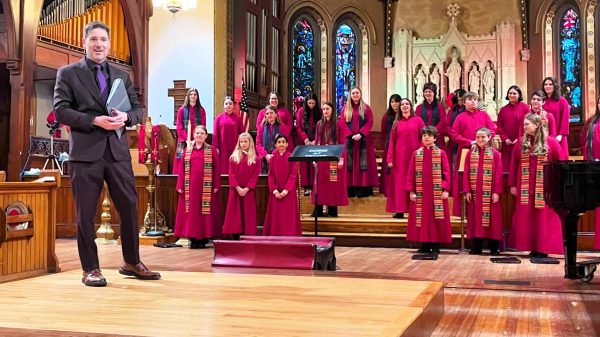KENT—The Planning and Zoning Commission, which under the press of business coming before it already meets twice a month, spent some time last week discussing how those meetings will be conducted and whether an additional meeting is needed.
The commission now meets virtually, with its sessions being recorded and posted on YouTube. Chairman Matt Winter noted that a couple of members want to return to in-person meetings. He said he believed that if that were to happen, all meetings should have a hybrid option so citizens can watch from home or come to the meeting.
“My opinion is I like the efficiency of meeting virtually,” he said, adding that the meeting room at Town Hall “is great for listening at the time, but not so great for recording. And hybrid adds another level of technology and audibility.”
Land Use Administrator Tai Kern said the technology there is “super difficult to navigate” and suffers from feedback. “It’s doable,” she said. “It just doesn’t flow as nicely as you would like.”
First Selectman Jean Speck explained the primary challenge is the way the meeting room is put together. “Acoustics are a real challenge,” she said. “The fewer people there are, the worse it is. It’s a hot mess and we would need sound panels all around the room to correct it.”
Member Adam Manes noted that applicants and their architects and engineers like Zoom because they do not have to travel to Kent for meetings. He also suggested in-person would shut out some residents from following the deliberations.
Winter referred to the length of current meetings, which can keep commissioners at their task for three or more hours, and the fact that applicants often must wait a long time to present their materials. He questioned whether special meetings should be called for items of high interest to the public.
Manes said, “We spend an incredible amount of time listening to people speak—which we should—but when we have other applicants waiting, maybe being aware of applications and doing a special meeting is a great idea.”
He noted that time is money for the applicants. “We have to be careful about that,” he said. “If an application has a lot of special interest and the applicant is paying for an architect and engineer to be there, if it takes an hour to get to get to their application they are paying for that time.”
But as they discussed it, logistical considerations surfaced. Public hearings must be set in advance, usually for the next regular meeting, and members questioned how they can discern when an issue will be contentious enough to change the date.
And members wondered if they even wanted to schedule more meetings in their monthly calendar. It was suggested that the agenda be crafted so that shorter applications be heard first to allow people to leave earlier.





























